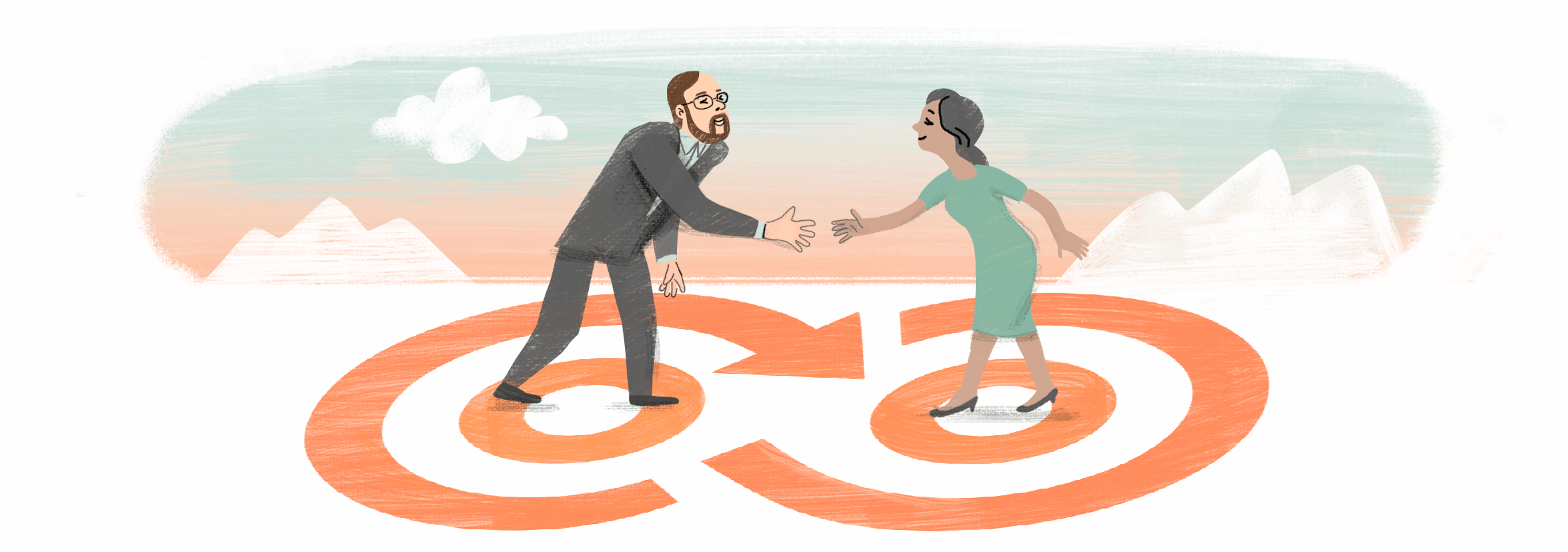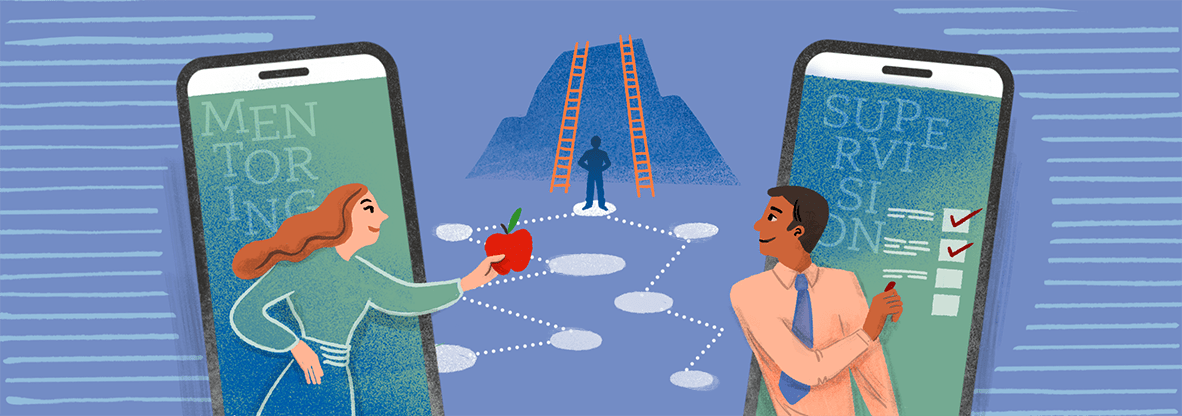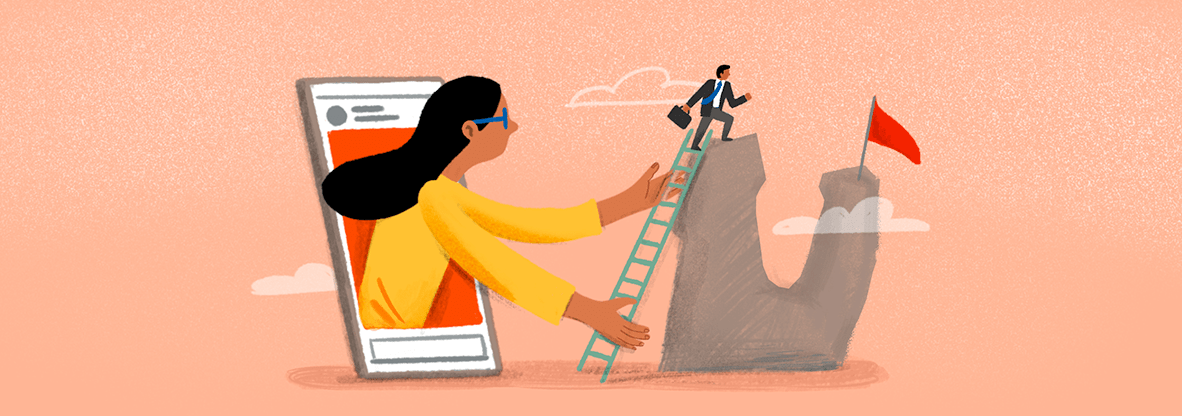Job Interview Etiquette: 5 Tips for Making A Great Impression

If this is your first time through the hiring process, then it may be tempting to go into your job interview blind. After all, you’re qualified and you know what you’re doing – what other preparation could you need.
One of the primary reasons why qualified candidates fail to pass job interviews is that they don’t understand good job interview etiquette. In this article, we’d like to rectify that with five tips that will help you nail your interview.
- Be Friendly & Positive
It’d be nice to think that job interviews are all about merit and proving that you really know your stuff. While this is mostly the case, it’s hard to deny that a large part of a successful job interview is managing to be likeable.
Now, we’re not saying you have to be an extroverted social butterfly, cracking just the right number of jokes without ever crossing the line into unprofessional. Nobody expects you to be their new best mate. What they do expect is someone who’ll bring their all to the team, helping to maintain a proactive energy.
In practice this means you have to do two things: smile through the interview and try not to be harsh or critical of others – especially not your former employer. It’s never a good look to give the impression that you had a bad breakup from your last job.
- Prepare Some Questions
If you’re new to job interview etiquette, then this is the area where many people slip up their first time.
When someone interviews you, they want to check that you’ve done your research. They want to know that you’re diligent and thoughtful – or at very least that you care enough to spend a few minutes preparing. One of the ways they verify this is by checking if you have any questions.
Now, it’s important to note that this isn’t some secret trick employers are playing on you, even if it might feel a little that way. The reality is that if you’re applying to spend 40+ hours of your week doing something then you should have questions.
Not having questions implies that you’re either so desperate you’ll go for anything or that you quite literally don’t care about your work. Even if you resonate with those statements, they’re not something you ever want to tell your present or future boss.
- Dress Appropriately
It’s the classic interview etiquette cliche but that doesn’t change the fact that it’s true. If you want your employer to think you are smart then you should dress smart.
Now here at Career Navig8r we’re not a fashion blog so we won’t tell you what to wear. All we’ll say is that when in doubt, lean formal. Very few people have failed a job interview for turning up in a shirt and tie while plenty have been shown the door thanks to their shabby tracksuits.
If you’re nervous about the job interview, then the right clothes can also help you get into the right headspace. Like an actor putting on their costume, dressing your best is a way for you to adopt the role of your perfect, professional self.
- Don’t Worry Too Much About Body Language
You’ll see a lot of resources online telling you that the key to a good job interview is to sit up straight and have a firm handshake. This is half true.
If your potential employer walks in and sees you leaning against the wall with your hands in your pockets it does make you look quite undisciplined. By the same token, appearing alert and attentive throughout the interview is important – you certainly don’t want them to think you’re not listening.
All the same, beyond those basics, your body language means very little to most employers, especially if you’re not concentrating on what’s coming out of your mouth.
If you’re sitting there in an interview thinking about how to look alert then the chances are that you’re not listening to what’s being said. That will almost certainly show when you have to answer a question.
The best thing you can do is lean forwards, listen carefully, and think about what you want to say.
- After Interview Etiquette
People often overlook the importance of after interview etiquette and that can cause big problems. With all the stress and adrenaline pumping through you, it can be very tempting to let go a little and stop worrying so much. Often, this is where great job interviews turn into disasters.
It’s not that most people give anything major away – although that can happen if you’re not careful. It’s more that a sudden change in character can highlight just how much of a performance the job interview really is. Of course, your employer already knows you’ll be on your absolute best behaviour – they expect as much – but it’s not good to break that illusion just yet.
At the end of the day if you think you’ve nailed a job interview then the best thing you can do is smile, be polite, and leave as soon as you can.


